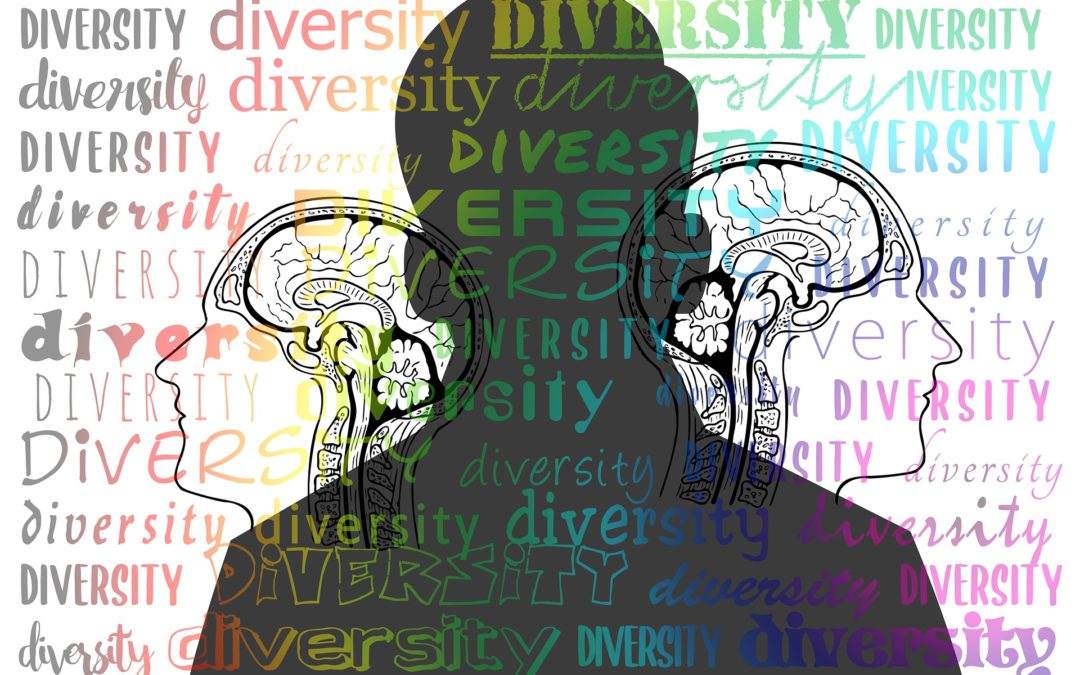Do personality and language go hand in hand?
Have you ever noticed that your behaviour changes when you speak a language other than your mother tongue? Do you speak louder than usual or use your body language more (or less) in a particular language? Most multilingual or multicultural people would answer “yes” to these questions. This is because a certain relationship exists between personality and language. In fact, several scientific studies suggest that these adaptations, or “shifts”, are exactly what happens when you speak another language. In this blog post, we will focus on the relationship between a language and a speaker’s personality when using a particular language.
What factors link personality and language?
Studies suggest that people are likely to change their personality depending on the language they speak. This phenomenon is due to people’s perceptions of the language and its culture. It is not difficult to imagine that you feel more confident speaking in your mother tongue than in a foreign language.
How confident you are in speaking a particular language affects how you behave. For example, if you are unsure about grammatical rules, you are likely to be afraid of making a mistake. You may therefore avoid speaking the language.
However, this is not the only factor linking your personality and the language you speak. In fact, another aspect has a greater impact on your behaviour. Studies suggest that how you perceive a given language determines how you behave with that language. Put simply, the perceptions you have of a particular language lead you to behave in a certain way. For example, if you associate French with elegance, you may feel more elegant than usual when you speak it. It will lead you to behave elegantly without even realizing it. If you think of Spanish as a social language, you may become more outgoing when interacting with Spanish speakers or when using the Spanish language.
Perception – the key factor linking personality and language
What factor does affect your personality in a particular language? It includes how you learned the language and what kind of experience you had with it. To help you understand the concept, let us give you some more specific examples.
How your experiences affect your personality
If you are learning English as a second language at school, you learn vocabulary and grammar from textbooks. However, they will be more formal than how native English speakers use it in real life. You may also find it more formal than your own native language. Furthermore, what if your teacher was not very inspiring or gave you a lot of homework? You may end up associating English with something boring, difficult, or uninteresting. In this case, you are likely to feel more pressured or uncomfortable to speak English, which is likely to show on the outside as well.
On the other hand, if you learn English from your friends who speak English, your experience may be very different. You may find it more casual, interesting, and relatable, which can make you speak more confidently and behave more positively. So, there is a strong link between personality and language.
How you see yourself can affect your personality and language performance
Another factor affects how you see yourself when you speak another language. This time, it is not about how you see languages, but about how you see yourself. Let’s say you are learning English as a second language at an intermediate level. When you talk to people whose level is the same as yours, you can express your opinion without fear. It’s simply because you know that you will be understood.
On the contrary, when you talk to native English speakers, it’s not always the case. You can see that they have to make an extra effort to understand what you are saying. It is not difficult to imagine that speaking would become uncomfortable.
So, a whole range of factors affects your personality: external factors, but also how you see yourself, how you think others see you, and how you feel about these factors.
Adapting to the perception of native speakers…
As discussed so far, a certain phenomenon shows up when you try to translate or interpret your mother tongue into another language. There can often be unintentional misunderstandings between what you mean and what native speakers perceive. It is difficult to close the gap between you and them in terms of perception of personality and language.
To avoid this, we at LingoStar help you reach your customers without any risk of miscommunication. We have professional translators who are native speakers of your target languages. They understand the nuances and cultural differences between different languages as well. In addition, equally qualified linguists will carefully edit and proofread your translated documents. With all these processes in place, you no longer need to worry about communicating with your overseas customers or global partners!
If you need a translation or voice recording, please request a free translation quote. You can also email us at info@lingo-star.com. We’ll be happy to help you.
Finally, don’t forget to sign up to our newsletter below for news and language updates!
Also, check out our ebooks on multilingual communications.


















